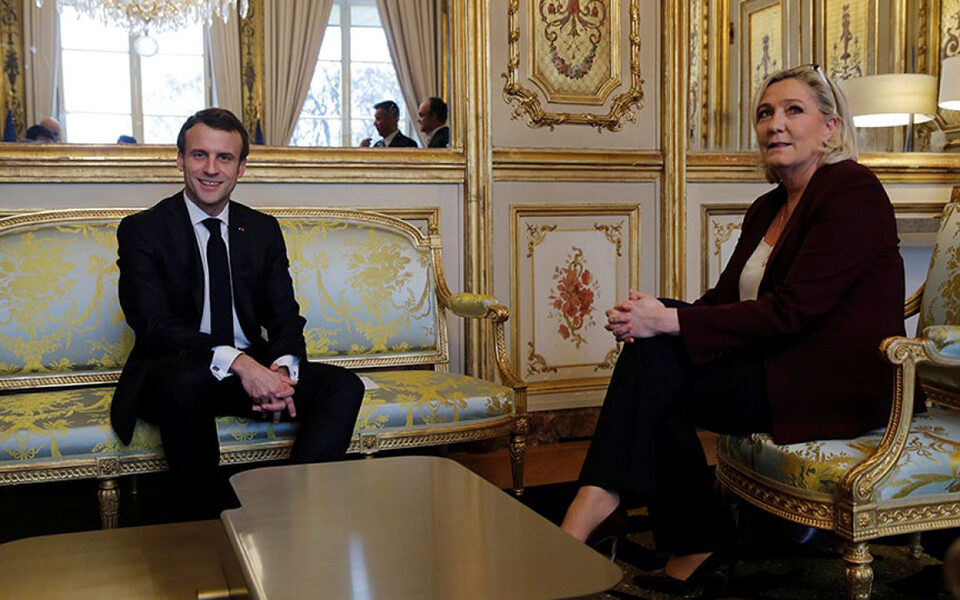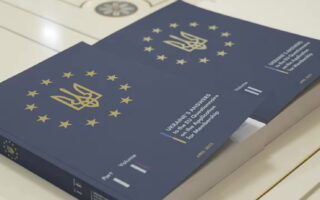French elections offer a warning for us all

French President Emmanuel Macron may have won the presidential election, but the message from the electorate is loud and clear: Leaders need to be closer to the societies whose fate they decide.
Marine Le Pen may have lost by a wide margin, but she secured 42%, an incredibly high percentage for a far-right candidate in a French election.
It’s a development that requires a lot of in-depth analysis as it threatens systemic normalcy, not only in France, but in the long run, in the whole of Europe.
Politicians, and even more so the appointed bureaucrats in Brussels, are called upon to listen and change. To listen to society, explain what they do, and convince the public of the correctness, the benefits, but also the transparency of their actions. What is certain is that we cannot continue with the feeling that some people, somewhere, are deciding “for us, without us.”
As for the “tired French Republic,” as Le Monde described it, it sways and slips into uncharted waters. The Left and the far-right won almost 60% in the first round, while the major parties (Republicans and Socialists) won only 10%.
When Le Pen’s father, Jean-Marie, the founder of the far-right National Front 50 years ago, made it to the presidential runoff for the first time, he received just 5 million votes and 18%. Now, his daughter is raising her share to unprecedented levels, securing almost three times as many votes as her father. In 2017 she had received 10 million votes and now over 13 million.
And, of course, there is also the June parliamentary elections ahead, where the pressure is enormous, coming from both ends of the political spectrum. And it is by no means certain that the centrist Macron will be able to deal with it effectively, in the sense of securing a parliamentary majority and appointing a prime minister of his preference.
Forty-two percent of French people are not far-right extremists. They are disappointed with today’s reality, as are a large percentage of those who chose to abstain, and they succumb to all sorts of promises. This is true all over Europe, as of course in Greece. The jump in prices has been added to the general sense of frustration, creating an explosive mix.
The challenge for current and future democratically elected leaders is to convince the public that they do not live in their own universe, but that they listen to ordinary citizens and are genuinely interested in their difficulties. And then that they have the knowledge and the ability to manage and deal with those difficulties.
The French elections offer many lessons for the Greek political class as well. The question is whether our politicians, in government and in opposition, will draw the right conclusions and take the appropriate, corrective moves.





